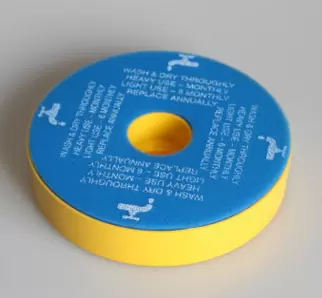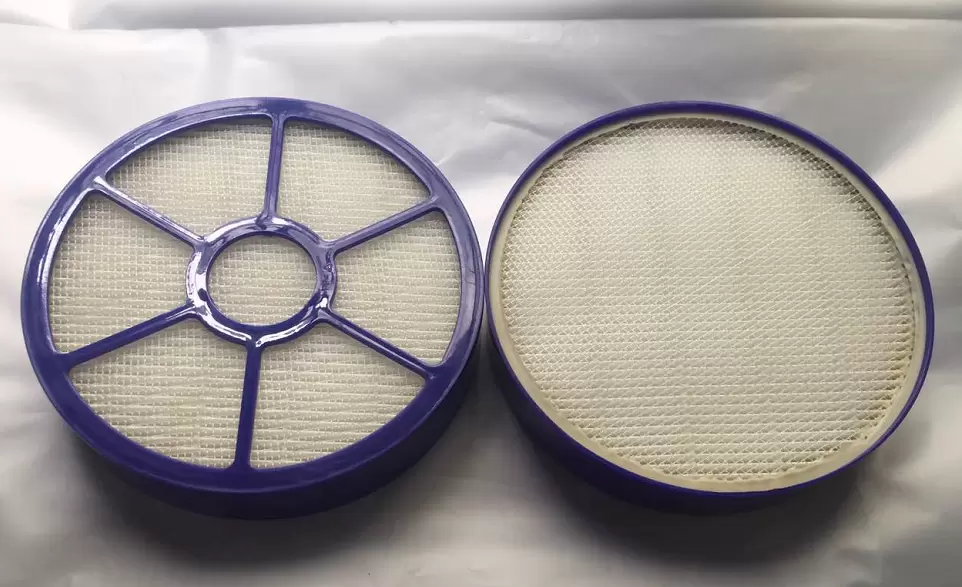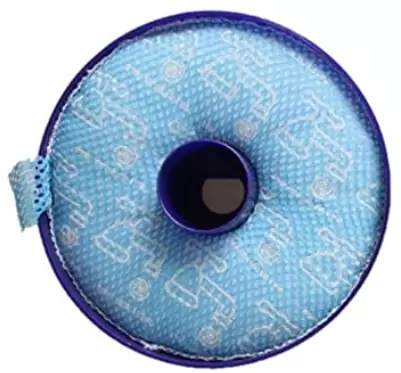In today’s world, pollution is a pervasive problem that affects a wide range of industries, environments, and living spaces. Pollutants such as dust, pollutants, allergens, and microorganisms can pose health risks, compromise air quality, and affect an individual’s overall well-being. To effectively address pollution, innovative filtration solutions such as MIF (Micro Interception Filters) have emerged as an effective tool to capture and remove pollutants from air and water sources. In this blog, we will explore the applications, benefits, and role of MIF filtration.
Understanding MIF Filtration
http://www.sznewtonkj.com/MIF-filters/88.html refers to the use of Micro-Interception Filters, which are advanced filtration media designed to capture and retain microscopic particles and contaminants present in air and water. MIF filters are constructed using high-quality materials such as fiberglass, polyester, or synthetic fibers that feature electrostatic properties to attract and trap contaminants effectively. These filters are commonly used in HVAC systems, water treatment facilities, industrial processes, and consumer products to improve air and water quality by removing pollutants and impurities.

Applications of MIF Filtration
HVAC Systems: MIF filters are widely used in heating, ventilation, and air conditioning (HVAC) systems to enhance indoor air quality by capturing dust, allergens, bacteria, and other airborne particles. By installing MIF filters in HVAC units, contaminants are filtered out, resulting in cleaner and healthier air circulation within residential, commercial, and industrial buildings.
Water Treatment: In water treatment facilities, MIF filtration plays a crucial role in removing impurities, sediment, and microorganisms from water sources to ensure safe and clean drinking water. MIF filters are utilized in water purification systems, filtration cartridges, and point-of-use devices to reduce contamination levels and improve water quality for consumption and industrial processes.
Industrial Processes: MIF filters are incorporated into industrial applications such as manufacturing, pharmaceuticals, food processing, and electronics to control contamination and maintain product quality. By filtering out particles, chemicals, and contaminants from air and water streams, MIF filtration helps prevent product contamination, ensure regulatory compliance, and uphold production standards in various industries.
Benefits of MIF Filtration
Contaminant Removal: MIF filters are highly effective at capturing and removing contaminants such as dust, pollen, mold spores, bacteria, and viruses from air and water sources. The fine fibers and electrostatic properties of MIF filters enable them to trap microscopic particles, reducing contamination levels and improving overall air and water quality.
Improved Air Quality: By removing airborne contaminants, MIF filtration contributes to improved indoor air quality in residential, commercial, and industrial settings. Clean and filtered air free of pollutants and allergens creates a healthier and more comfortable living and working environment for occupants, reducing the risk of respiratory issues and allergic reactions.
Water Purity: In water treatment applications, MIF filtration helps enhance water purity by removing sediment, chlorine, heavy metals, and pathogens from drinking water sources. Clean and filtered water produced through MIF filtration is safe for consumption, irrigation, and industrial use, promoting public health and environmental sustainability.
Energy Efficiency: MIF filters can also contribute to energy efficiency by improving the performance of HVAC systems and water treatment equipment. Clean filters allow for better airflow, reduced strain on equipment, and optimized operation, leading to lower energy consumption, extended equipment lifespan, and cost savings for users.

Role of MIF Filtration in Contamination Control
Prevention: MIF filtration plays a proactive role in contamination control by preventing pollutants and impurities from entering air and water sources. By capturing contaminants at the source, MIF filters help reduce contamination levels, minimize exposure risks, and maintain clean and healthy environments for occupants.
Mitigation: In cases where contamination has already occurred, MIF filtration can help mitigate the effects by removing pollutants and restoring air and water quality to acceptable levels. By implementing MIF filtration systems, contaminated areas can be cleaned and purified, reducing health hazards and environmental impacts associated with contamination.
Compliance: MIF filtration solutions are essential for ensuring regulatory compliance and meeting quality standards in various industries and applications. By utilizing MIF filters to control contamination, businesses can adhere to environmental regulations, health guidelines, and quality assurance protocols, demonstrating a commitment to safety, sustainability, and responsible practices.

Conclusion
In conclusion, MIF filtration offers an efficient and reliable solution to contamination challenges in air and water sources. By utilizing Micro-Interception Filters in HVAC systems, water treatment facilities, and industrial processes, contaminants such as dust, allergens, pollutants, and microorganisms can be captured and removed effectively, improving air and water quality. The benefits of MIF filtration include contaminant removal, improved air quality, water purity, energy efficiency, and contamination control in various applications.






